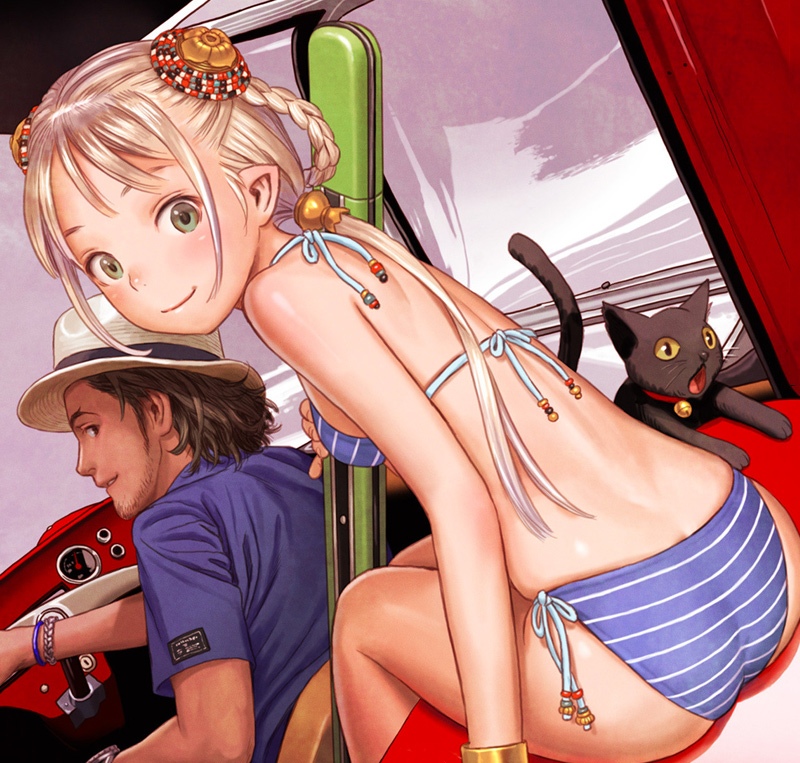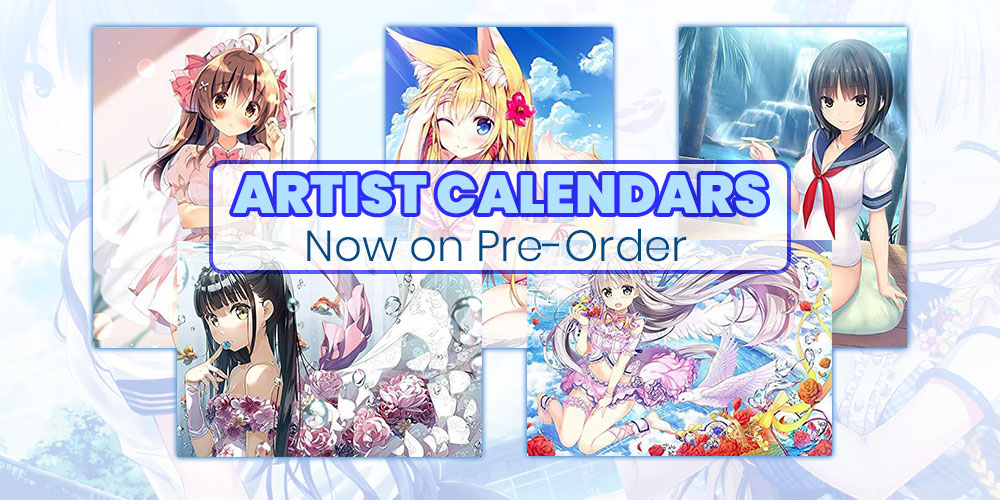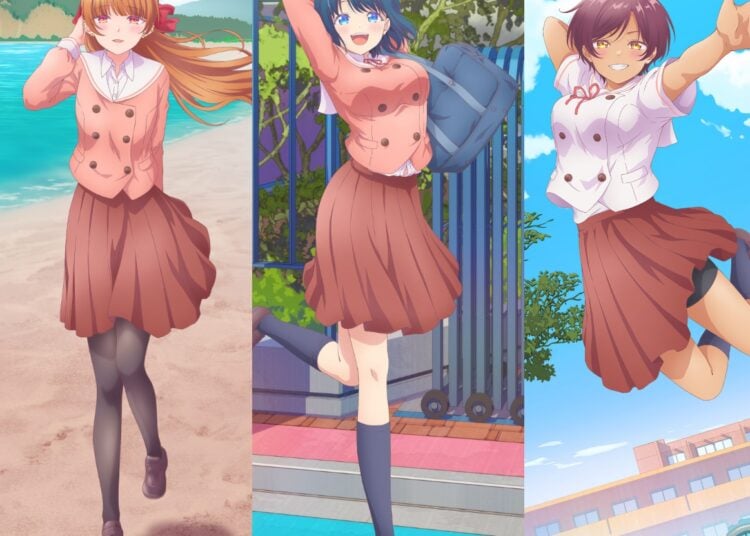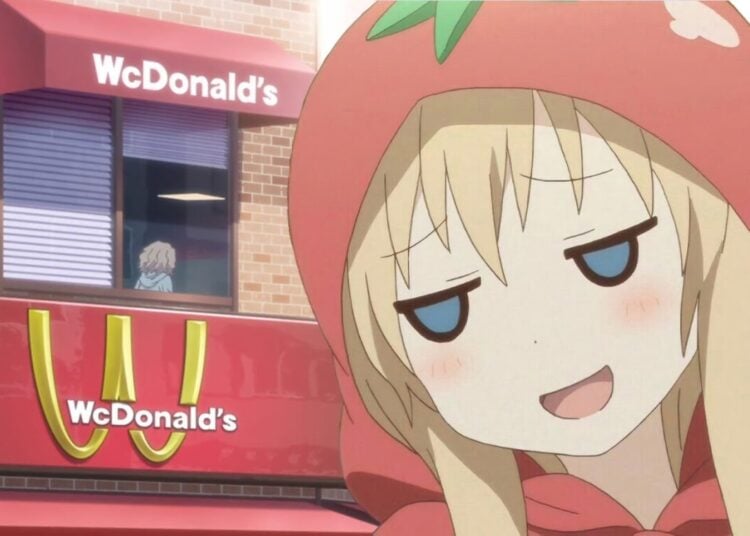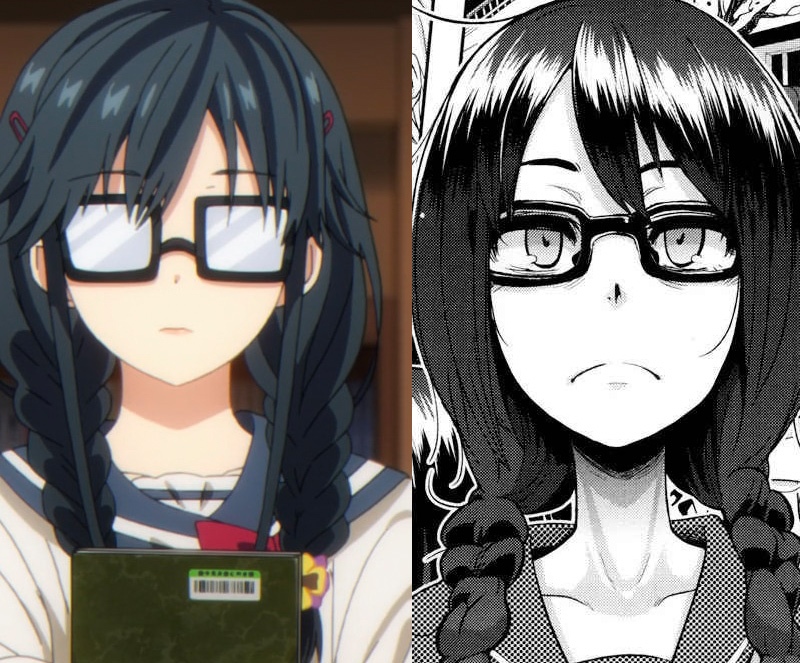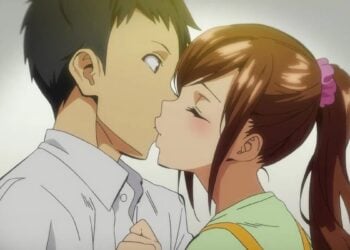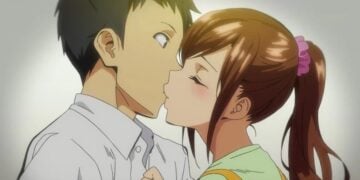Recently I finished Cop Craft, one of the gems of the past anime season, which married the familiar isekai genre with a Hollywood-style crime story, with hardboiled detective Kei Matoba teaming up with a magic-wielding knight from an alternate world named Tirana to solve crimes. Written by the creator of Amagai Brilliant Park and Full Metal Panic! and with character designs by Range Murata, it’s filled with classic homages to the best “buddy cop” films of the 80s and 90s. I just loved the series, and recommend it a lot.
https://twitter.com/JListPeter/status/1179437821515272193
In one episode, the characters are having an American-style barbecue, and Kei is obsessing over how to prepare the food, to the point of annoying the other characters. They call him an otaku, which was translated “food snob” by the subtitles. This led me to reflect on how much the word otaku has evolved, and how Japan views otaku culture in 2019.
The word otaku came into use in the late 1980s to describe the sometimes-socially awkward extreme aficionados of manga, anime and PC dating-sim games. The term was helped along by Gainax, who helped make it a household name with their groundbreaking Otaku no Video, the story of happy, well-adjusted university student as he slides into the dark world of anime, cosplay and doujinshi. The original meaning of otaku is a slightly formal way to say “you and your family” in social situations. I might use it if I was praising my next-door neighbor for her son getting into a good university.
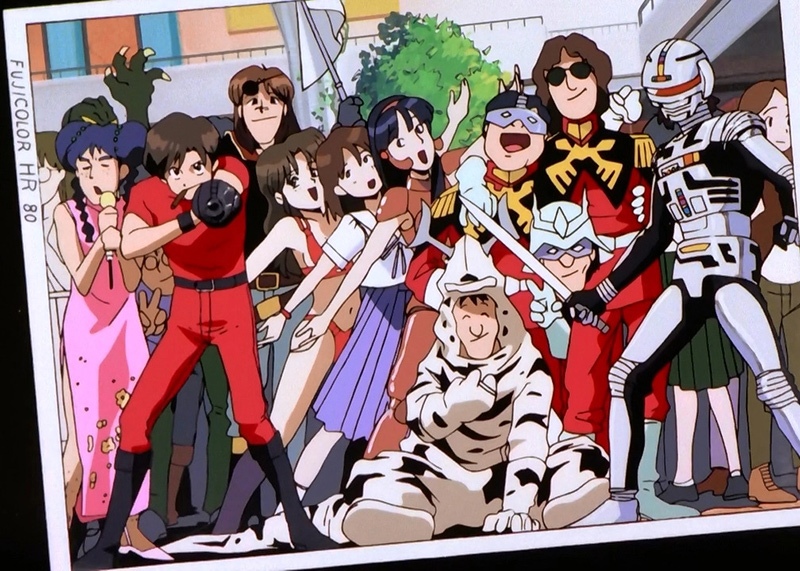
All negative labels for groups seem to end up being embraced by that group and turned into a positive. Once upon a time geek and nerd were insults for overly intellectual types who loved technology more than people, but now they refer to the guy who can recompile your Unix kernel if it breaks and who earns way more money than you. The term otaku, too, has undergone many changes. While it once had a negative connotation (the term mania was a more socially acceptible replacement), this started to change in the early 2000s as singer Shoko Nakagawa came out as a huge manga otaku, and anime became mainstream enough for anime seiyu and singer Nana Mizuki to sing on stage at the big Kohaku Song Battle held every New Year’s Eve.
Questions about otaku culture in 2019 from Twitter Followers
As I often do, I asked J-List’s Twitter followers if they had any questions related to otaku culture they wanted me to answer. Here are some of the questions people asked!
How do people become identified as otaku?
Honestly, everyone in Japan consumes mainstream manga comics and TV anime as they grow up. Then as Junior High begins and life starts exerting actual pressure, they generally fall into two camps: those who continue to the otaku path, building Gundam models and going to doujin events, and those to move on, becoming more serious about university studies and their careers.
Do they have “weebs” in Japan?
There is a word (キモヲタ kimowota), but it’s rare enough that I had to go looking for it on the web. In general, if a person is an otaku, they’re an otaku, and no one bothers to trash them for liking this genre or that. There are a few counter-examples — fans of Johnny’s-kei or AKB48 idol bands can be extreme, and cause non-fans to roll their eyes — but as a rule, the elitism that’s present in international fandom which causes some fans to trash others for being Narutards or Bronies, is much less of a thing in Japan. Which I find refreshing, as I try to avoid hating on anyone else’s fandom.
Is there a “hierarchy” to otaku?
No, but there are many divisions, with manga, anime, idol, cosplay, tokusatsu and female history otaku (rekijo) each generally defining themselves by their hobby and usually sticking to that area. The other day I was drinking in a bar surrounded by owls, of all things, and noticed some Jojo’s Bizarre Adventure books on a shelf. The owner, it turned out, was a huge manga fan, but avoids anime. As a result, she could discuss every fact of the JoJo manga, but hadn’t watched a single episode of the series.
One of the oldest kinds of otaku are railfans, who obsess about various trains running in different parts of Japan. Back when I taught ESL I had a lot of super-smart young students who fell into this category. It’s a harmless way for them to get together and socialize around a hobby.
How do the Japanese feel about foreign otakus?
Japanese know their pop culture has been embraced all around the world, and don’t have any negative reactions when those fans come to buy figures or games in Akihabara. I’ve even seen trivia programs where foreign fans show off greater knowledge of anime than Japanese fans, which is amazing to see. Of course, the Japanese are people, too, and some elements of otaku culture won’t always be well received by everyone…
Got any more thoughts or questions on how Japan feels about otaku culture in 2019? Let us know on Twitter!
Great news! In addition to our huge 15% general sale going on (15% off all non-preorder, non-calendar items), we’ve also added even more anime calendars you will love, this time featuring illustrations by the best and most awesome artist in Japan. Browse and buy during our Early Bird sale!


